Table of contents
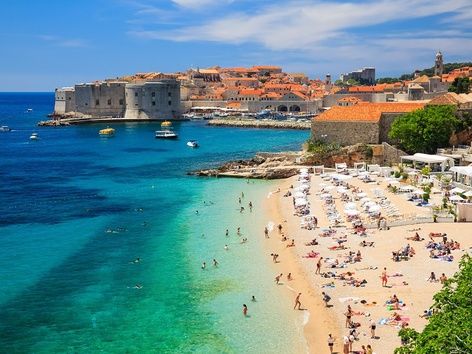
On March 26, border controls for flights to/from other Schengen countries were lifted at Croatian airports. Find out more about what will change for passengers and what are the benefits for Croatia
Belonging to the Schengen area implies the absence of control at the borders with other states of the zone. From now on, Croatia, which joined Schengen in January 2023, will also abolish control at air checkpoints.
What will change for passengers?
From now on, all flights within the Schengen area at Croatian airports will be considered domestic. This means that passengers arriving or departing to Schengen countries will not be subject to passport checks. At the same time, those arriving from countries outside the zone will be subject to control. The changes are being implemented at nine international airports in the country.
It should be noted that control at sea and land checkpoints was canceled back in January. The airports were delayed due to difficulties in adjusting flight schedules.
Andrej Plenković, the country's Prime Minister, said: "The regime of entry into Croatia at airports will now be the same as from January 1 on roads, railways and seaports."
It is important for tourists to remember that they can stay in Croatia within the 90-day period allowed by the visa-free regime. If earlier travelers used the country to "cancel" the number of days, now it will not be possible.
Advantages for Croatia
No passport control means faster travel. One airport estimated that it takes only 5-10 minutes for a passenger to get off the plane and leave the airport.
Representatives of Croatian airports say they welcome the changes.
The first flight under the Schengen format has already taken place: Croatia Airlines flew from Zagreb to Frankfurt. The flight to this German city is symbolic, as it was to Frankfurt that the airline made its first international flight in 1992.
The country's authorities hope that the new changes will increase the flow of tourists to Croatia, which attracts people with its Adriatic Sea and picturesque landscapes.
Accession to the Schengen area was seen as a major step for Croatia to integrate into the European family. Along with joining Schengen, the country declared the euro its official currency.
"The borders that existed between us and our neighbors have now disappeared", - said Croatian Interior Minister Davor Bozinovic on December 31 last year.
We remind you! Refugees from Ukraine who currently reside in Croatia can travel free of charge in Class II on domestic trains starting in March 2023. Read more about what you need to do for this here.
Recommended articles
1 min
For refugees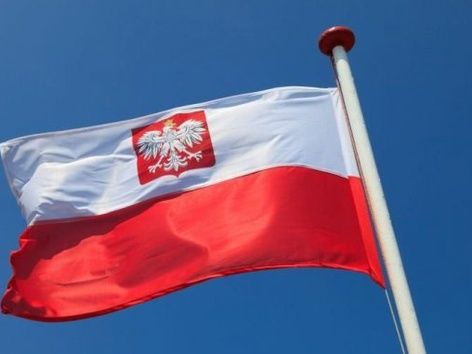
Changes to the Law on Foreigners in Poland: what awaits Ukrainians
The Polish Sejm has passed a bill amending the Law on Foreigners. The relevant document was recently signed by President Andrzej Duda. Here's what will change for Ukrainians in Poland
26 Mar. 2023
More details1 min
For refugees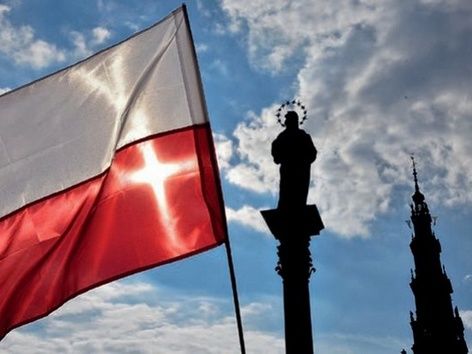
European Passport of Qualifications in Poland: what it is, why Ukrainians need it and how to get it
Citizens of Ukraine who have found refuge in Poland and have lost their educational document have the opportunity to obtain the European Qualifications Passport for Refugees (EQPR). Find out more about this document and its benefits
27 Mar. 2023
More details1 min
Popular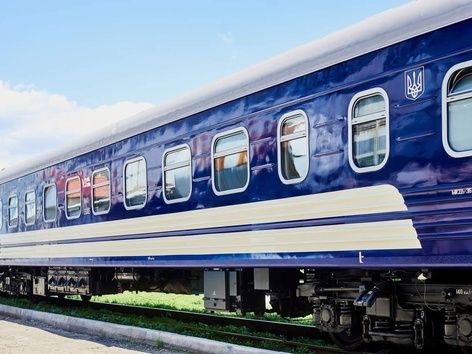
Ukrzaliznytsia announced new rules for transportation and ticket refunds: details
"Ukrzaliznytsia" has announced changes to the rules of passenger and baggage transportation. In particular, the changes affected the rules of ticket refunds. Learn more about the changes
27 Mar. 2023
More details1 min
Finance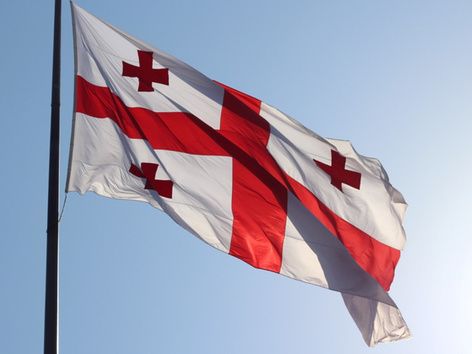
New financial assistance to Ukrainians in Georgia: how to get 225 GEL
Refugees from Ukraine fleeing the war in Georgia can receive financial assistance from Unite Together. Find out more about how to get money and what you need to do
27 Mar. 2023
More details

